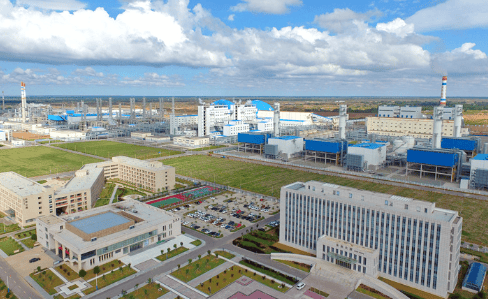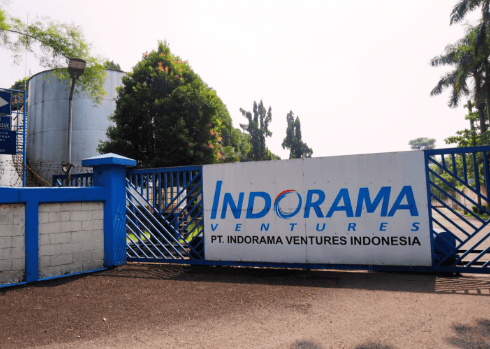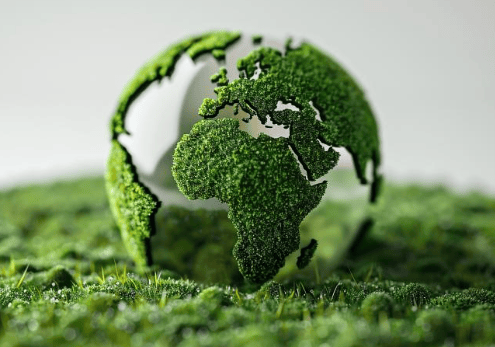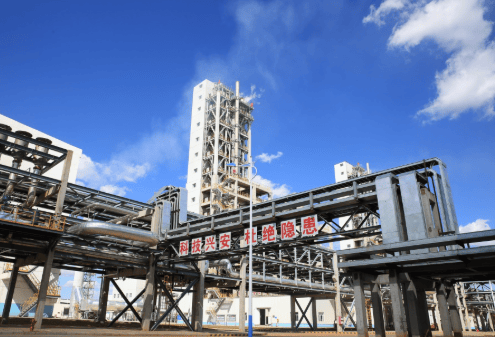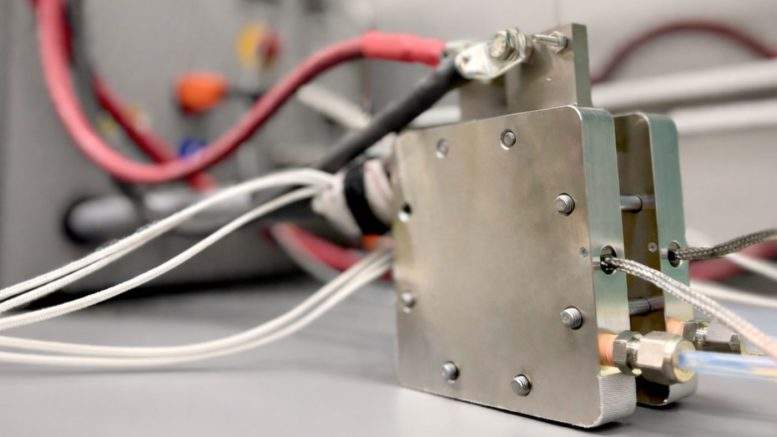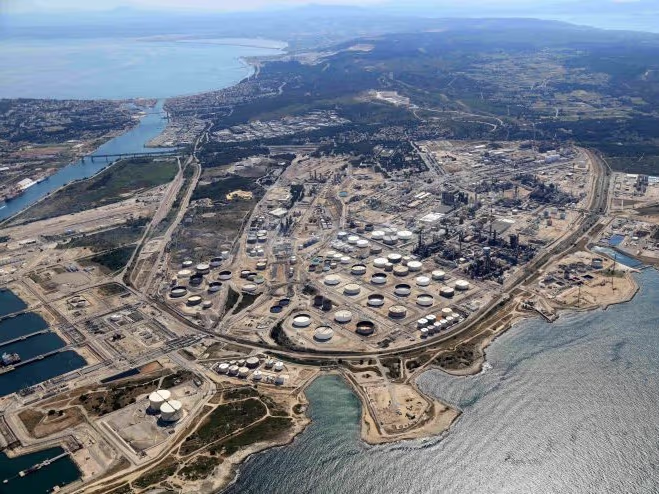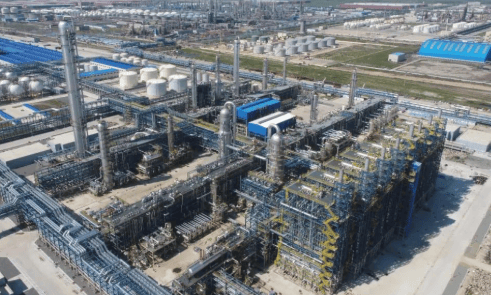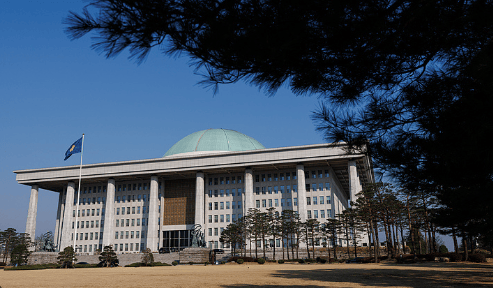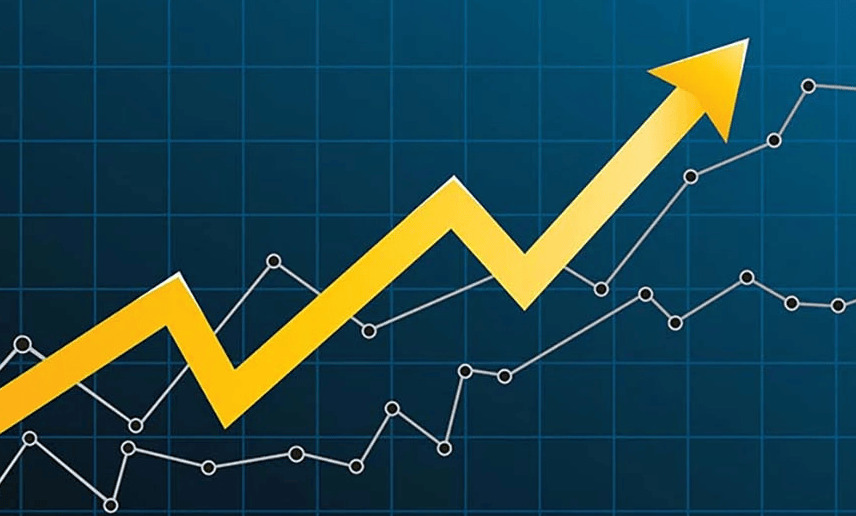Wedoany.com Report-Nov. 27, Thyssenkrupp Uhde GmbH and Uniper SE have signed a framework agreement for the licensing and potential construction of up to six large-scale ammonia cracking plants in Germany. The facilities will have a combined daily capacity of 7,200 metric tons of ammonia, enabling the conversion of imported ammonia into hydrogen for industrial use.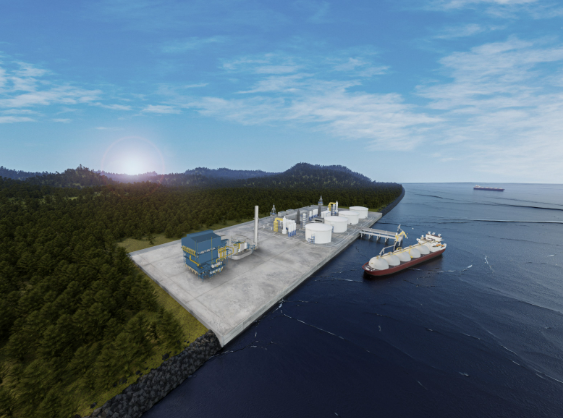
The agreement covers the supply of thyssenkrupp Uhde's ammonia cracking technology, including engineering services, key equipment, and catalysts. The first commercial-scale plant is planned at Uniper's hydrogen import terminal in Wilhelmshaven, where pre-front-end engineering and design (pre-FEED) studies are currently underway. The detailed FEED phase is scheduled to begin by the end of next year.
Holger Kreetz, COO of Uniper: "Domestic production alone cannot meet future hydrogen demand – imports of hydrogen derivatives will be essential. Our agreement with thyssenkrupp Uhde marks a decisive next step toward enabling global hydrogen trading. Ammonia crackers are key to international hydrogen logistics, and together with thyssenkrupp Uhde, we are laying the foundations for the infrastructure that Europe needs for its energy future – including our planned hydrogen import terminal in Wilhelmshaven."
Nadja Håkansson, Member of the Executive Board / COO of thyssenkrupp Decarbon Technologies & CEO of thyssenkrupp Uhde: "Our partnership with Uniper shows how cross-industry cooperation creates real added value. With our world-leading ammonia technology and our experience in executing complex plant projects, we are making a significant contribution to decarbonization and the development of a global hydrogen market."
The cooperation builds on an earlier project announced in spring 2025: a demonstration ammonia cracking plant with a capacity of 28 metric tons per day at Uniper's Scholven power plant site in Gelsenkirchen, Germany. That facility, supported by the Ministry of Economic Affairs, Industry, Climate Action and Energy of North Rhine-Westphalia, serves as a technical reference for the commercial-scale plants now under consideration.
Ammonia is recognized as an efficient carrier for transporting hydrogen over long distances. The new cracking infrastructure will allow large volumes of hydrogen to be recovered from imported ammonia, supporting the decarbonization of energy-intensive industries across Germany and Europe while contributing to a more diversified and resilient energy supply system.












